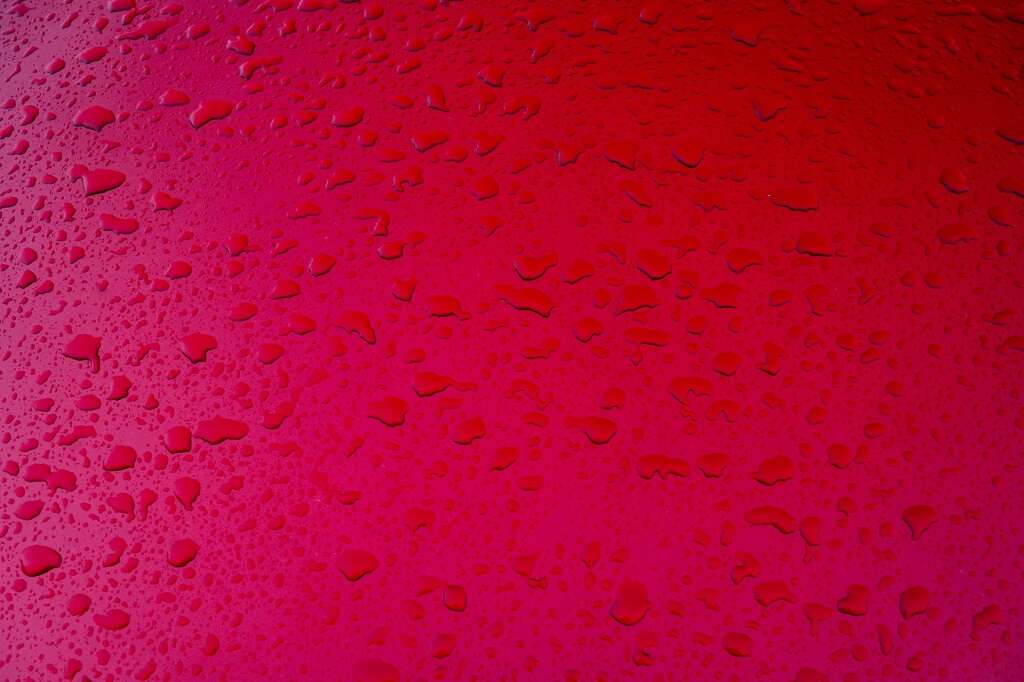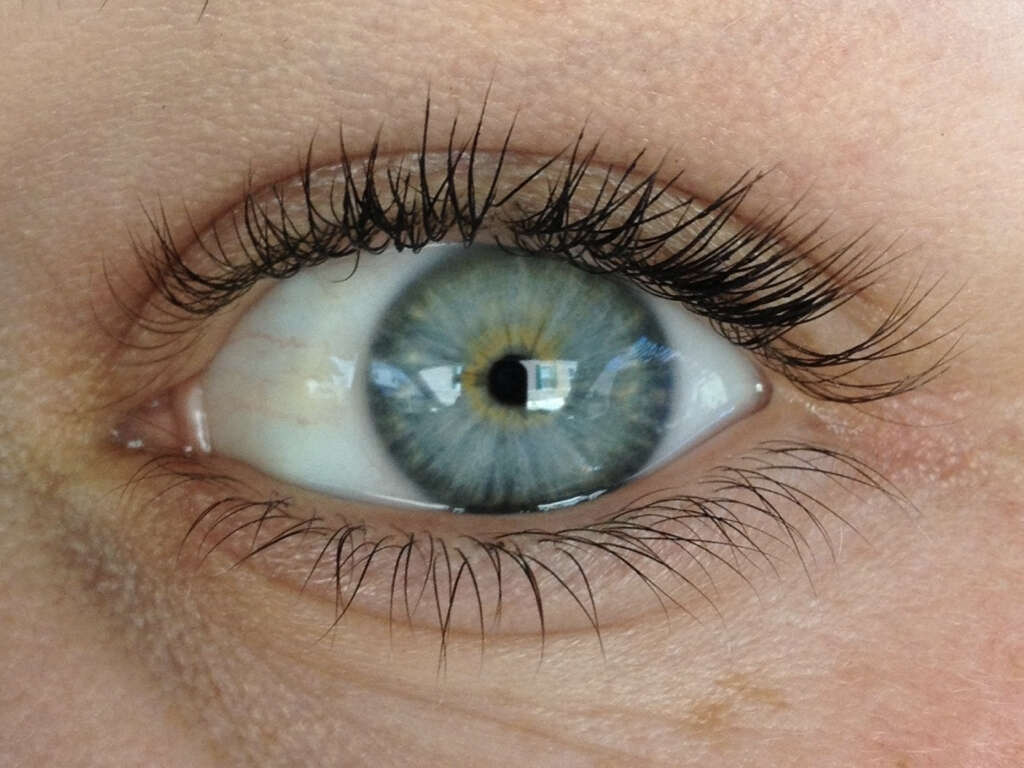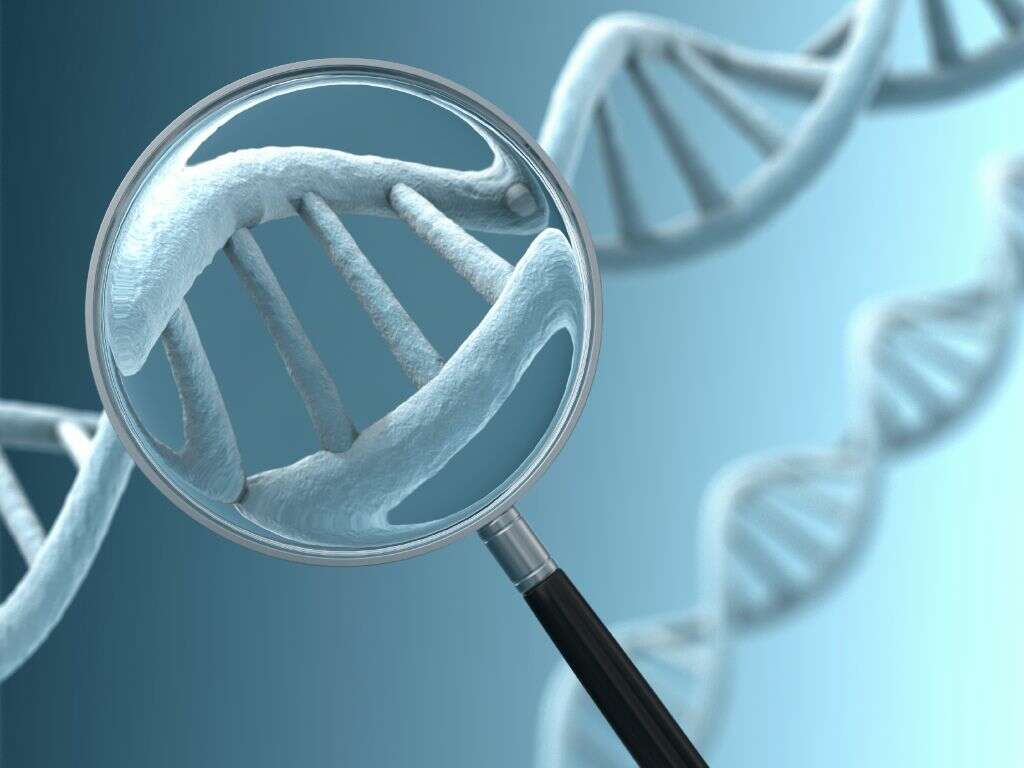10 Phenylketonuria Symptoms
 Article Sources
Article Sources
- 1. 'Phenylketonuria.' NHS.uk, 19 Oct. 2017, www.nhs.uk/conditions/phenylketonuria/
- 2. Murphy, Brian. 'Phenylketonuria and Your Skin.' Phenylketonuria News, 17 Sept. 2020, phenylketonurianews.com/2020/09/17/phenylketonuria-and-your-skin/
- 3. Murphy, Brian. 'Phenylketonuria and the Eyes.' Phenylketonuria News, 24 Sept. 2020, phenylketonurianews.com/2020/09/24/phenylketonuria-and-its-effect-on-eyes/
- 4. Partington, Michael W. 'The Early Symptoms of Phenylketonuria.' Pediatrics, vol. 27, no. 3, Mar. 1961, pp. 465-473
- 5. Healthwise Staff. 'Phenylketonuria (PKU).' Alberta, myhealth.alberta.ca/Health/Pages/conditions.aspx?hwid=stp1354&lang=en-ca
- 6. 'Phenylketonuria.' NORD (National Organization for Rare Disorders), 1 Nov. 2019, rarediseases.org/rare-diseases/phenylketonuria/
- 7. Melania guida. 'Epilepsy and phenylketonuria: a case description and EEG-fMRI findings.' Functional Neurology, vol. 29, no. 1, 2014, pp. 75-79
- 8. 'Frequently Asked Questions | PKU Academy.' EXCEMED - Excellence in Medical Education, www.excemed.org/pku-academy/faq
Phenylketonuria, or PKU, is a rare genetic disorder related to metabolism. When people eat proteins, the body breaks these down into amino acids. The body then uses these amino acids to make its own proteins, removing those it doesn't need. Individuals with phenylketonuria lack an enzyme needed to effectively break down phenylalanine, a type of amino acid found in many protein rich foods.
If PKU isn't addressed, a buildup of phenylalanine may have serious effects. Phenylketonuria can't be cured, but it may be managed by dietary controls. If phenylketonuria symptoms are suspected in a child, urgent medical advice should be sought.1‘Phenylketonuria.’ NHS.uk, 19 Oct. 2017, www.nhs.uk/conditions/phenylketonuria/

Fair Skin
The body uses the amino acid phenylalanine to create melanin, a natural pigment that determines a person's skin color. The body's inability to break down phenylalanine may lead to lower levels of melanin.
People with low amounts of melanin generally have pale skin. If a child has much fairer skin than their immediate family members, it may indicate the presence of phenylketonuria. Individuals with phenylketonuria may also have other skin problems, including rashes, hardened lesions and light sensitivity. People with lighter skin tones are at greater risk of sunburn too.2Murphy, Brian. ‘Phenylketonuria and Your Skin.’ Phenylketonuria News, 17 Sept. 2020, phenylketonurianews.com/2020/09/17/phenylketonuria-and-your-skin/

Light Hair
Light hair is a possible physical symptom of phenylketonuria. As with skin tone, melanin is responsible for the color of hair. People with phenylketonuria have lower levels of melanin, which typically causes them to have lighter hair than other family members.
While babies may be born with no hair, their natural hair color has already been programmed into their DNA code before birth. Children with phenylketonuria commonly have very light blond hair.

Blue Eyes
Another visible phenylketonuria symptom may be light blue eyes. This may also be related to a reduced amount of melanin, a pigment that darkens eye color. When viewed with an optical examination, the back part of the eye, known as the fundus, may also be paler than normal.
Some people with phenylketonuria may be especially sensitive to light or unable to discern slight changes in lighting. Individuals may also experience cloudy patches in the eye.3Murphy, Brian. ‘Phenylketonuria and the Eyes.’ Phenylketonuria News, 24 Sept. 2020, phenylketonurianews.com/2020/09/24/phenylketonuria-and-its-effect-on-eyes/

Skin Rash
Some infants with phenylketonuria show signs of eczema within the first few weeks of life. Eczema is a skin rash that may be red and itchy and may possibly cause the skin to blister. Children may develop eczema later, though skin rashes typically appear before the manifestation of any cognitive effects related to phenylketonuria.
Studies suggest skin issues arise because of the toxic effects of increased levels of phenylalanine in the body. Anti-itch cream may provide some relief if eczema causes discomfort.4Partington, Michael W. ‘The Early Symptoms of Phenylketonuria.’ Pediatrics, vol. 27, no. 3, Mar. 1961, pp. 465-473

Vomiting and Diarrhea
Frequent vomiting or diarrhea may be phenylketonuria symptoms in infants and young children. A newborn baby may start vomiting or experiencing diarrhea within their early days of life. When due to phenylketonuria, sickness and watery stools are possibly caused by phenylalanine toxicity.
Vomiting may be violent, causing great distress to both parent and child. Excessive vomiting and diarrhea may lead to associated problems, including dehydration, weight loss, failure to grow and reluctance to feed.5Healthwise Staff. ‘Phenylketonuria (PKU).’ Alberta, myhealth.alberta.ca/Health/Pages/conditions.aspx?hwid=stp1354&lang=en-ca

Abnormal Odor
Excessive levels of phenylalanine in the blood may cause greater amounts of organic compounds, particularly a substance called phenyl acetic acid, leaving the body as waste. Excreting high levels of phenylacetic acid may cause an unusual smell.
Children with PKU may smell musty. This may also be described as a stale, moldy smell. This abnormal odor is caused by changes to the smell of sweat, urine or breath due to the increased presence of phenylacetic acid.6‘Phenylketonuria.’ NORD (National Organization for Rare Disorders), 1 Nov. 2019, rarediseases.org/rare-diseases/phenylketonuria/

Seizures
Research indicates up to 50 percent of all people with PKU experience seizures, whereby uncontrolled electrical activity occurs in the brain cells and causes unusual muscle movements, sensations or behaviors. This may present as epileptic fits, tremors, muscle spasms and other neurological effects.
Phenylketonuria causes neurotoxicity and abnormalities in the white matter of the brain, which may lead to seizures. Alterations to the brain may be permanent, even when PKU is addressed early.7Melania guida. ‘Epilepsy and phenylketonuria: a case description and EEG-fMRI findings.’ Functional Neurology, vol. 29, no. 1, 2014, pp. 75-79

Irritability
Irritability is a common early symptom of phenylketonuria, sometimes occurring within weeks of birth. In a newborn, this may present as excessive crying, drowsiness, inability to sleep or reluctance to feed. A parent may find it difficult to settle or comfort their child.
Irritability, when caused by phenylketonuria, is thought to be due to the neurotoxic effect of excess phenylalanine. Adults with PKU may experience bouts of restlessness and irritability if their levels of phenylalanine rise.

Behavioral Problems
Young people with phenylketonuria commonly display a range of behavioral problems. This is due to the damaging effects PKU may have on the nervous system along with drops in dopamine and serotonin, which are brain chemicals that play a role in positive feelings.
Children may behave aggressively, throw regular temper tantrums, indulge in acts of self-harm and show other negative behaviors that are atypical for their age. Behavioral issues may be detrimental to bonding and socialization processes with parents, siblings and peers.

Developmental Delays
Children with phenylketonuria typically don't develop as expected. Parents may notice their child is slow to pick up normal childhood skills, such as eating without assistance, talking, crawling and walking. Developmental delays may be a major symptom of phenylketonuria.
Unmanaged, phenylketonuria may cause extensive brain damage. This may lead to full intellectual disability. Any damage is permanent. If management begins at an early age, however, many children with PKU develop into well-adjusted adults who lead regular lives.8‘Frequently Asked Questions | PKU Academy.’ EXCEMED - Excellence in Medical Education, www.excemed.org/pku-academy/faq










